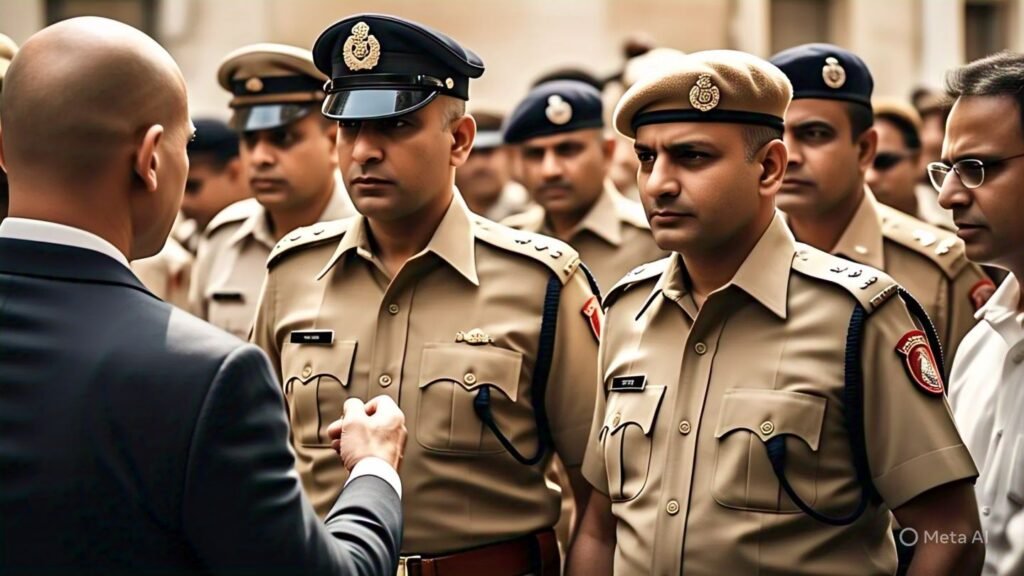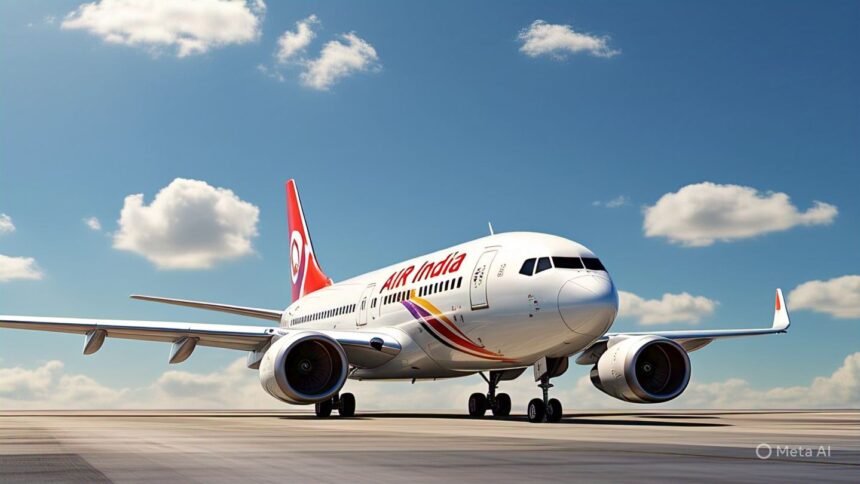Major crash jeopardizes Air India’s,Days after the tragic crash of Air India Flight 171, which claimed at least 270 lives, investigators from around the world are collaborating to determine the cause. While no definitive fault has yet been identified, it may take months before the full picture emerges.
At this critical moment, the Tata Group—owners of Air India alongside iconic brands such as Jaguar Land Rover and Tetley Tea—faces unprecedented challenges that threaten the airline’s ambitious revival.
Progress Before the Tragedy
Under Tata ownership, which took control in 2022 after acquiring Air India from the government, the airline was showing signs of a turnaround. Reports of operating profits,Major crash jeopardizes Air India’s, increased revenue, and fewer customer complaints pointed to positive momentum. Though issues like inconsistent service, outdated in-flight entertainment, and flight delays persisted, these were largely seen as transitional growing pains during complex mergers aimed at streamlining operations
Cosmetic upgrades were also underway: new aircraft liveries, retrofitted interiors, a fleet of brand-new Airbus A350s on key routes,Major crash jeopardizes Air India’s, and record-breaking aircraft orders to replace aging planes and meet growing demand in India’s aviation market.
Earlier this year, the Tatas described their efforts as the “final climb phase” toward transforming Air India into a world-class airline.
The Crash’s Impact
Last week’s catastrophic crash has cast a long shadow over these gains. In the immediate aftermath, many passengers expressed deep fear, with some vowing never to fly Air India again. While the airline’s Dreamliners have a strong safety record, such reactions are common following tragedies of this scale and risk undermining the ongoing turnaround efforts.
Adding to the strain, Air India recently faced other incidents, including technical issues with aircraft engines and a hoax bomb threat on a flight from Phuket to Delhi, further rattling passenger confidence.
Jitendra Bhargava, former executive director of Air India,Major crash jeopardizes Air India’s, acknowledged the likely short-term impact: “People will be wary of flying Air India. The disaster was tragic and will linger in memories.”
Analyst Shukor Yusof of Endau Analytics noted cancellations are already occurring, and emphasized that recovering from this tragedy will likely extend the timeline for the airline’s revival. He drew parallels with Malaysia Airlines, which took a decade to recover financially following two major crashes in 2014.

Operational Challenges and Scrutiny
In response to the crash ,Major crash jeopardizes Air India’s, Air India has announced a 15% reduction in international wide-body flights until mid-July, citing enhanced safety inspections and increasing airspace restrictions.
The airline now faces intense global scrutiny as regulatory authorities from India, the UK, and the US participate in the investigation. Aviation expert Mark Martin highlighted that questions regarding fleet maintenance and operational protocols are inevitable.
From a reputation perspective, risk consultant Mitu Samar Jha stressed the importance of transparent, consistent communication and swift corrective action to rebuild trust. She warned that failure to regularly update the public could lead to misinformation and further reputation damage.
Tata Group’s Response
For the Tatas, this crisis is a triple challenge: addressing legacy issues inherited with the fleet, managing Boeing’s ongoing troubles, Major crash jeopardizes Air India’s,and reassuring the public of their own safety standards.
Signs of Hope
Industry insiders point to Air India’s highly skilled pilots and engineers as vital assets. Sanjay Lazar, an aviation consultant, noted that airlines typically become more cautious following accidents, rigorously adhering to safety protocols. Major crash jeopardizes Air India’s,The Indian regulator’s recent order for enhanced inspections of all Air India 787 Dreamliners should help reassure nervous passengers

Positive Aspects
Major crash jeopardizes Air India’s,
- Turnaround Progress: Under Tata Group ownership, Air India was showing clear signs of improvement with operating profits, better revenues, and fewer customer complaints.
- Fleet Modernization: Introduction of new aircraft such as Airbus A350s, retrofitting interiors, and record-breaking orders for new planes signal a commitment to modernization.
- Strong Pilot and Engineering Team: The airline is supported by highly skilled pilots and engineers who are expected to enhance safety post-crisis.
- Regulatory Actions: Enhanced safety inspections by India’s regulator on Air India’s fleet show proactive steps toward ensuring safety.
- Leadership Response: Tata Group and Air India leadership have committed to cooperating fully with investigators and supporting victims’ families.
- Partnership with Singapore Airlines: Collaboration with one of the world’s best airlines provides operational expertise and reassurance.
- Increased Safety Caution: Historically, airlines become ultra cautious after accidents, improving safety protocols and procedures.
Negative Aspects
Major crash jeopardizes Air India’s,
Financial Strain: Resources will need to be diverted to legal, insurance, and crisis management expenses, delaying turnaround investments.
Passenger Confidence Shaken: The crash has sparked widespread fear, with some passengers vowing never to fly Air India again, potentially impacting ticket sales.
Operational Disruptions: Air India has reduced international wide-body flights by 15% amid investigations and restrictions, affecting revenues and schedules.
Additional Incidents: Recent technical snags and security threats have added to the negative perception around the airline’s safety.
Lengthy Investigation: The cause of the crash is still unknown and could take months to determine, prolonging uncertainty and media scrutiny.
Reputation Damage: The airline faces a significant challenge in managing its public image and preventing misinformation that could further harm its brand.
Inherited Legacy Issues: The Tata Group must manage and upgrade a legacy fleet with ongoing concerns around Boeing aircraft and maintenance practices.
Competitive Risk: The setback could allow rival airlines to capture market share during Air India’s recovery period.
